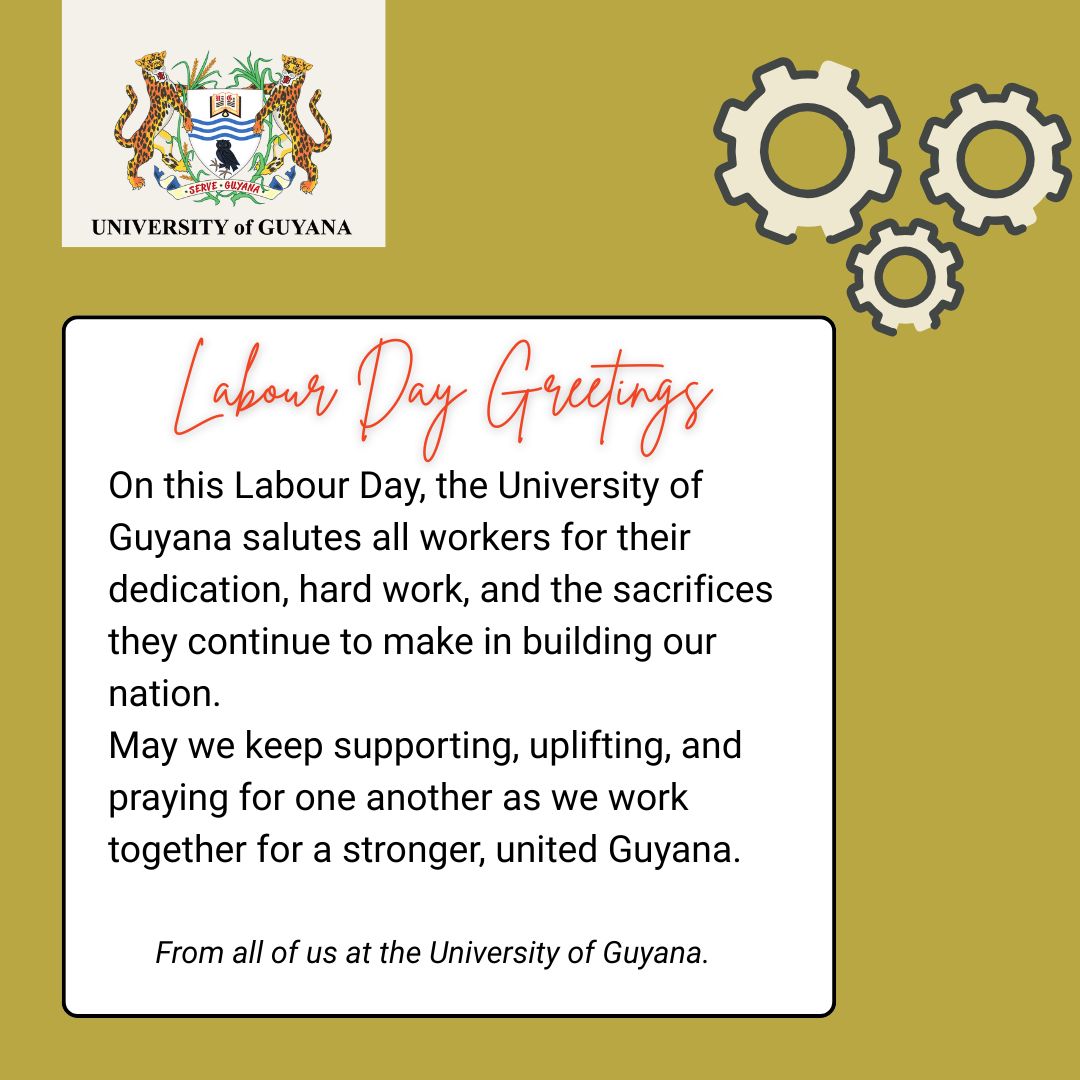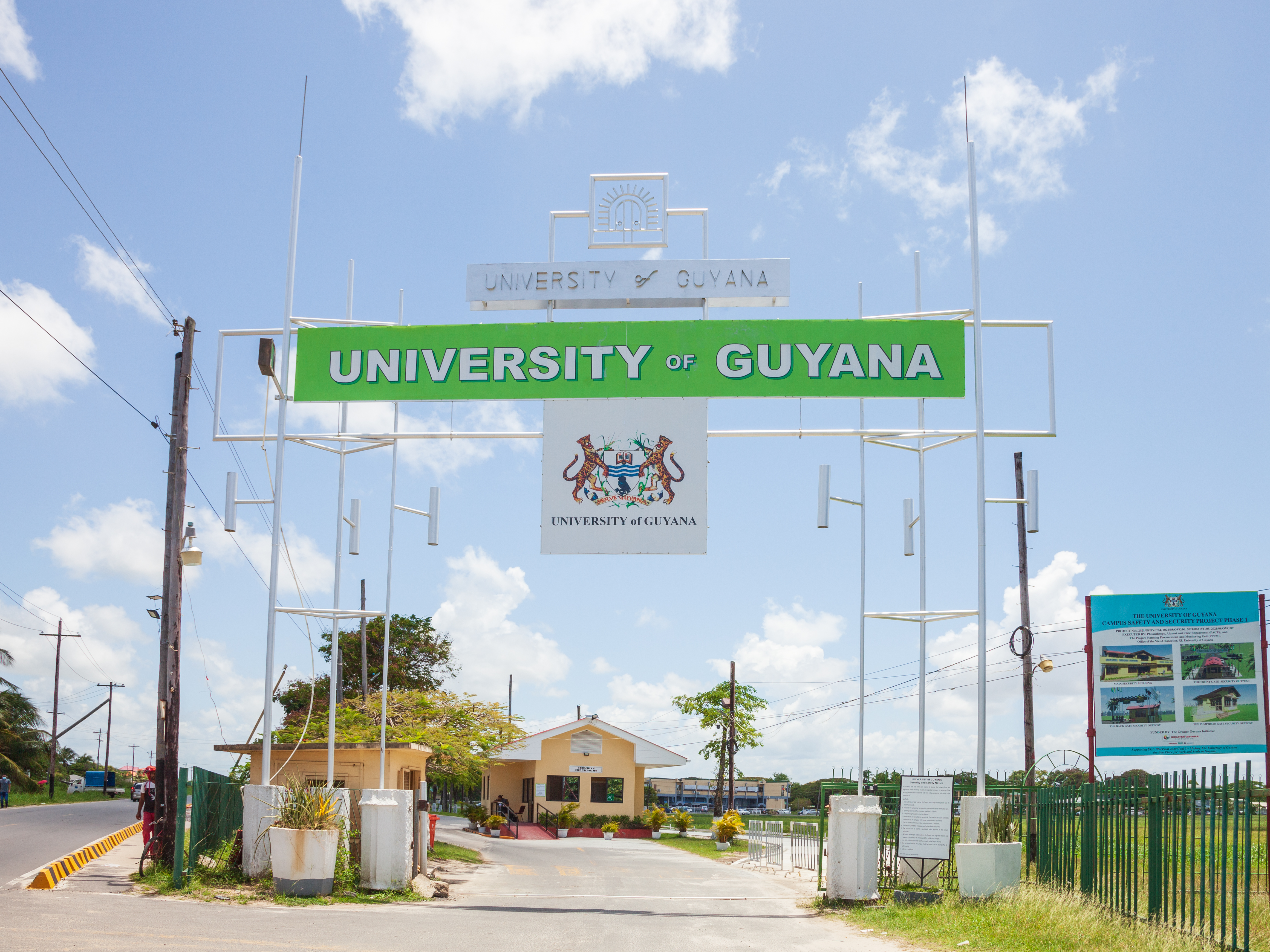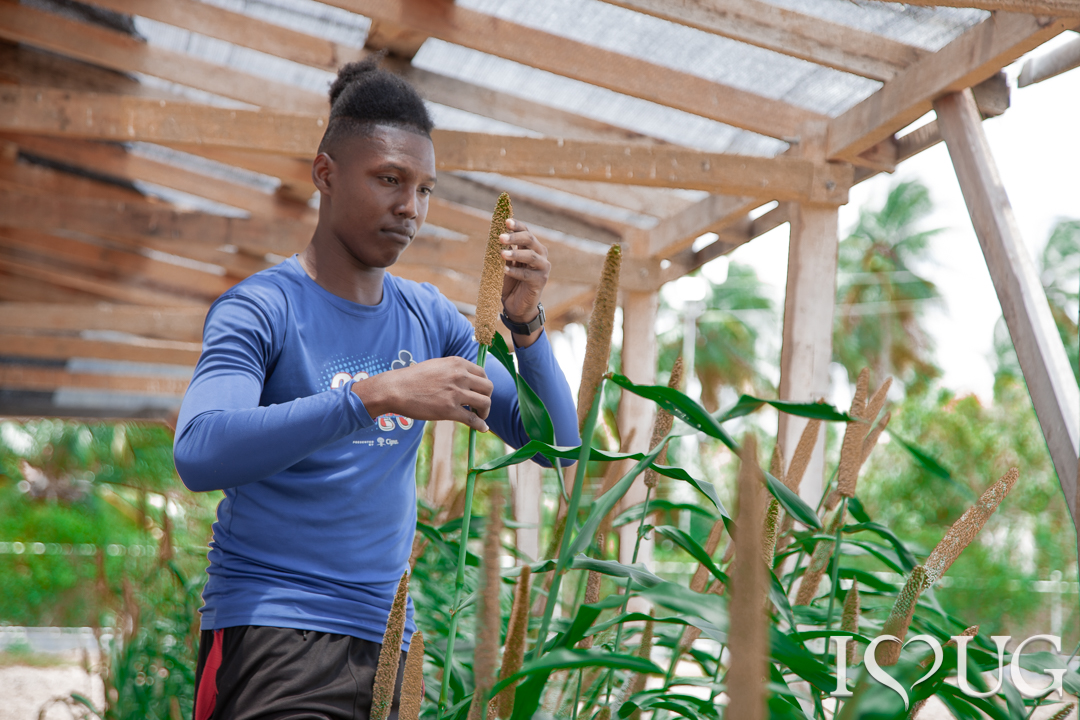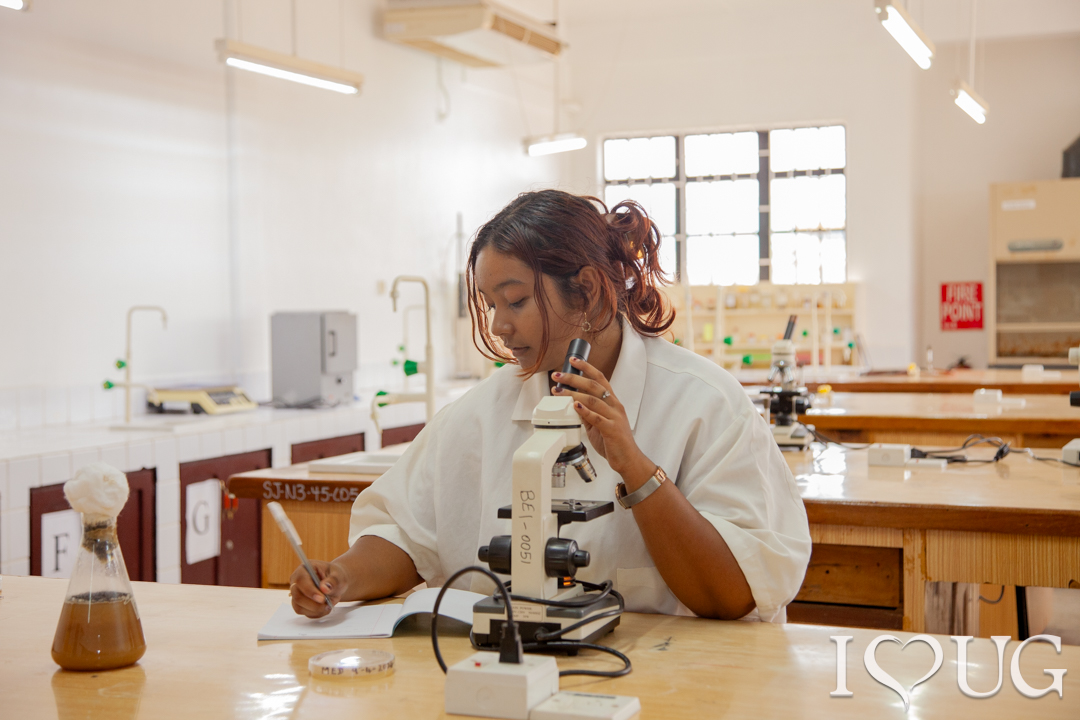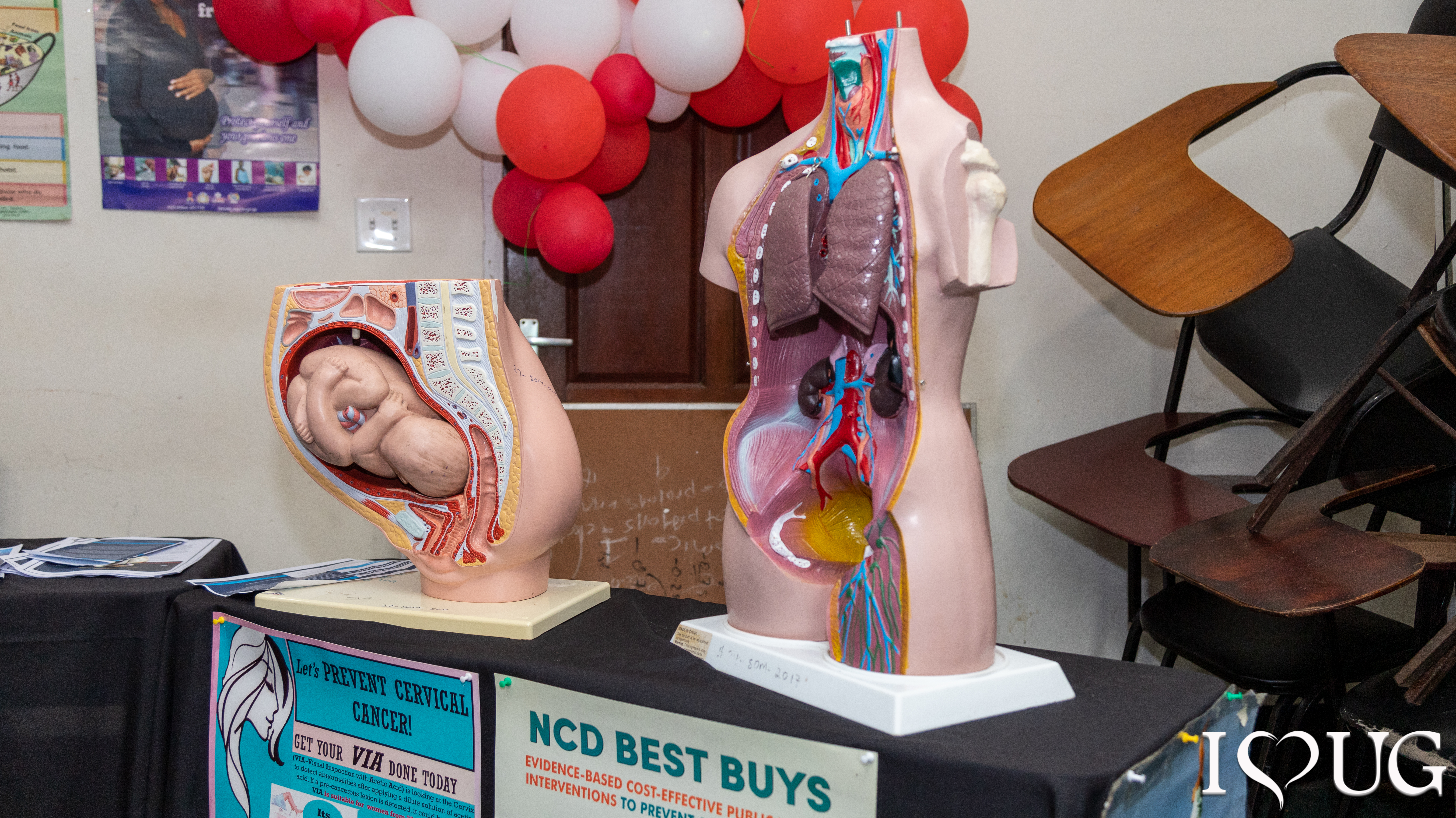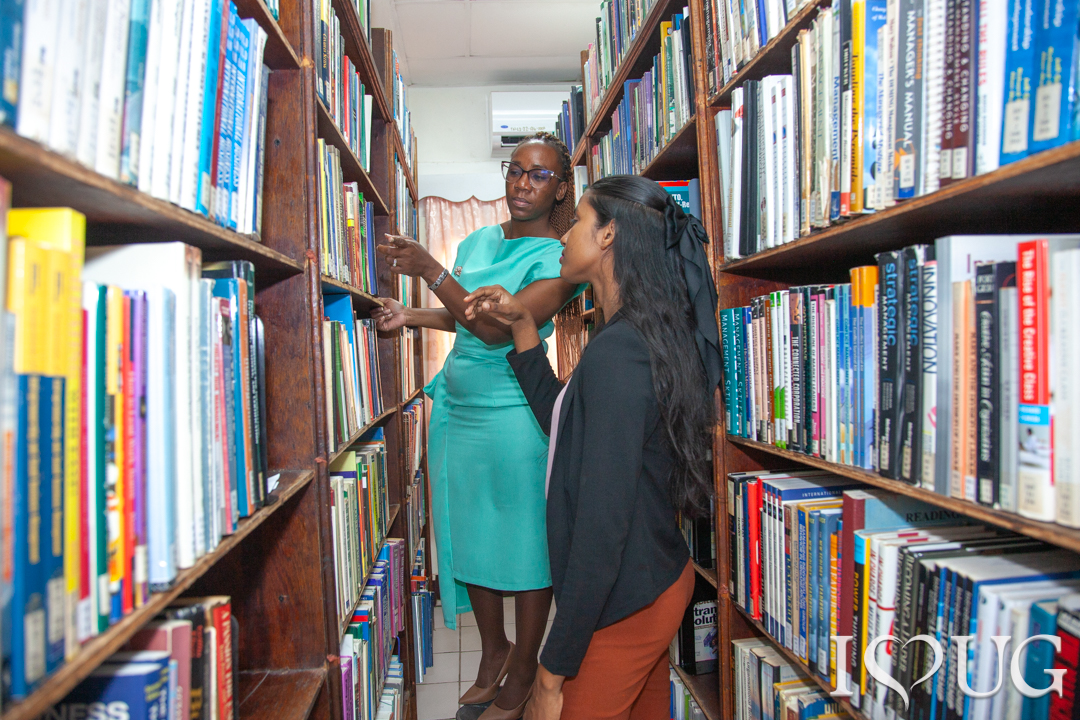All About
The University of Guyana
The University of Guyana was established in April 1963 and began its operations in October of the same year with a batch of 164 students in temporary premises loaned from Queen's College in Georgetown.
Programmes were at first confined to the Arts, Natural Sciences, and Social Sciences. However, in 1967, a Faculty of Education was established and this was followed by the establishment of the Faculties of Technology in 1969, Agriculture in 1977, and in 1981, the Faculty of Health Sciences, prior to the establishment of which programmes in Health Sciences were offered within the Faculty of Natural Sciences.




